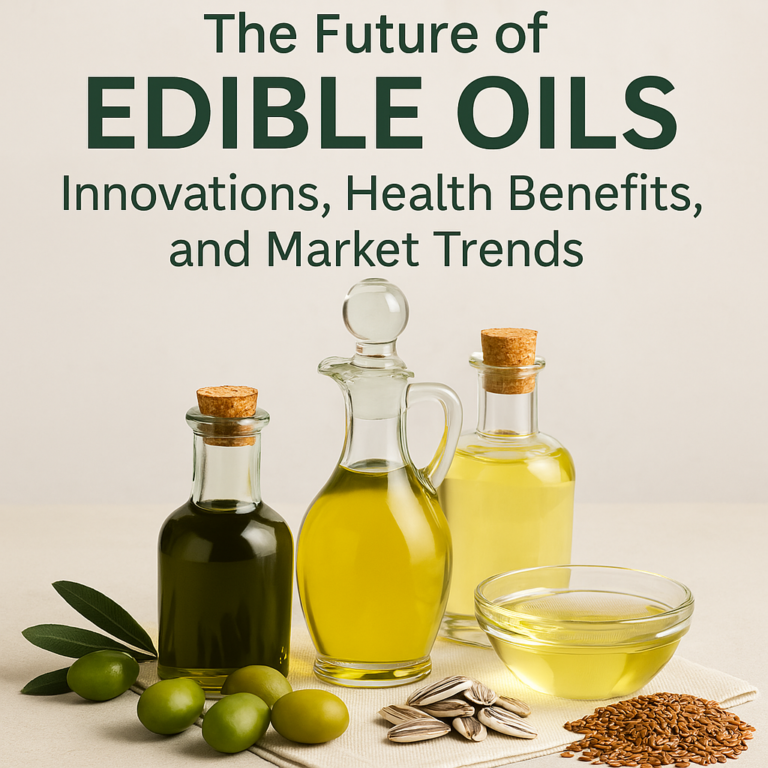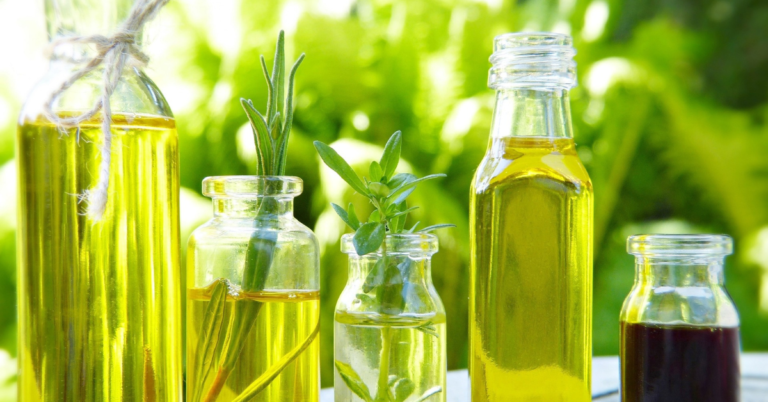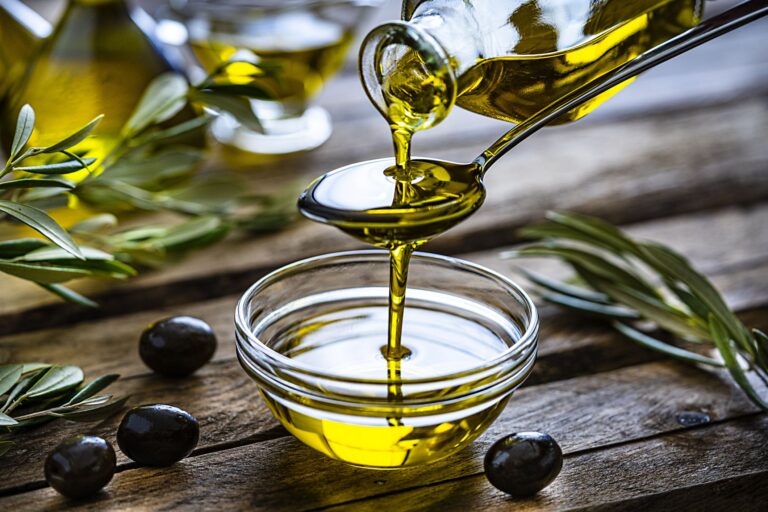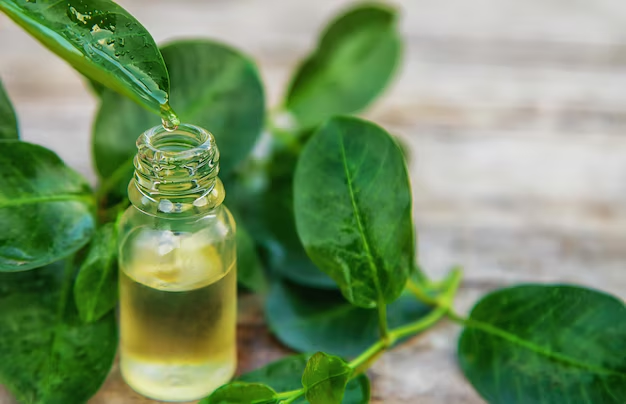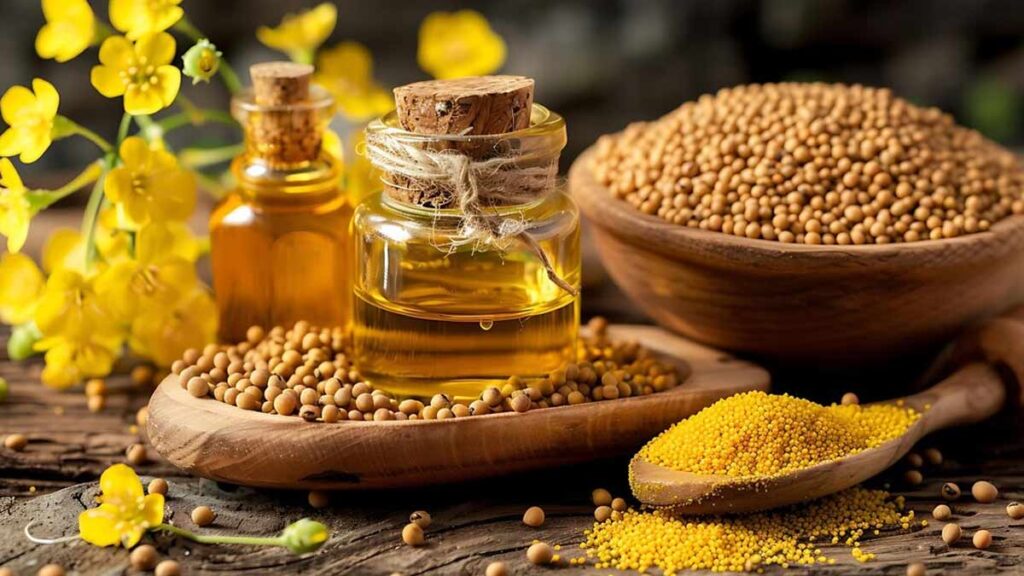
Picture this: a bustling kitchen in a small Indian town. A grandmother stands over a pot, her hands deftly mixing spices as the aroma of mustard oil fills the air. She smiles warmly, sharing stories about how her mother used mustard oil for everything—from cooking family meals to soothing her children’s scrapes. “This oil,” she says, “has been our secret to good health for generations.” And it’s not just tradition; science backs it up too. Mustard oil is a powerhouse of nutrients with a host of health benefits, making it a must-have in any kitchen.
In this blog, we’ll dive deep into why mustard oil deserves a spot in your daily diet. From its unique nutritional profile to its impact on health, we’ll uncover what makes it stand out among other types of edible oils.
What Makes Mustard Oil Special?
Mustard oil, extracted from mustard seeds, is a staple in many households across South Asia and beyond. Unlike other edible oils, mustard oil has a bold flavor and a slightly pungent aroma, making it perfect for adding depth to dishes. But what really sets it apart are its numerous health benefits.
1. Packed With Nutrients
Mustard oil is a rich source of essential fatty acids, including omega-3 and omega-6, which are vital for heart and brain health. It also contains:
- Vitamin E: Promotes skin health and acts as an antioxidant.
- Alpha-linolenic acid (ALA): A type of omega-3 fatty acid that helps reduce inflammation.
- Monounsaturated and polyunsaturated fats: Known as good fats, they help manage cholesterol levels.
These nutrients make mustard oil an excellent choice for maintaining overall health
Health Benefits of Mustard Oil
Heart Health
Studies have shown that mustard oil’s high levels of monounsaturated fats can help lower bad cholesterol (LDL) while increasing good cholesterol (HDL). According to a study published in the Journal of Preventive Cardiology, people who use mustard oil regularly have a lower risk of developing heart disease compared to those who rely on other oils.
Boosts Immunity
Mustard oil is rich in antioxidants and has antimicrobial properties, which help the body fight off infections. Regular consumption can strengthen your immune system, especially during cold and flu season.
Improves Skin and Hair
Traditionally used for massages, mustard oil can improve skin elasticity and nourish hair. It’s packed with vitamin E, which prevents aging and protects against UV damage.
Supports Digestive Health
The oil’s natural compounds stimulate the production of digestive juices, improving appetite and aiding digestion. If you often feel bloated, switching to mustard oil might be the solution.
Why Mustard Oil Stands Out Among Types of Edible Oil
While there are many types of edible oils—like olive oil, sunflower oil, and coconut oil—mustard oil holds a unique position. For one, it’s less processed compared to many refined oils, which means it retains more nutrients. Additionally, it’s one of the most consumed edible oils in regions like India and Bangladesh, where traditional diets rely heavily on its health benefits.
Environmental Impact of Oil Choices
Not all edible oils are environmentally friendly. Palm oil, for example, is linked to deforestation and habitat loss. Mustard oil, on the other hand, is often produced locally and has a smaller carbon footprint. Choosing mustard oil is not just good for your health but also a step towards sustainable living.
The Price Rise of Edible Oils
In recent years, the price of edible oils has skyrocketed, making consumers rethink their choices. While mustard oil has also seen price increases, its cost-effectiveness lies in its versatility. A small amount goes a long way, and its dual purpose—as a cooking oil and a natural remedy—makes it worth the investment.
How to Incorporate Mustard Oil Into Your Diet
If you’re new to mustard oil, start slow. Its pungent flavor can be strong for those unfamiliar. Here are some ideas:
- Cooking: Use it to sauté vegetables, fry fish, or prepare curries.
- Salad Dressings: Mix mustard oil with lemon juice and spices for a tangy dressing.
Pickling: Mustard oil is a key ingredient in traditional pickles, adding both flavor and preservative qualities.
Edible Oil Refining and Mustard Oil
Unlike heavily refined oils, mustard oil often undergoes minimal processing, preserving its natural nutrients. This makes it a healthier alternative for daily use. However, always opt for cold-pressed or kachi ghani mustard oil to ensure maximum benefits.
Real-Life Stories
Many families swear by mustard oil’s benefits. Take the Sharma family, for example. After switching to mustard oil, they noticed significant improvements in their health. “My cholesterol levels dropped, and my kids’ immunity improved,” says Mrs. Sharma, a mother of two. Stories like these highlight why mustard oil has remained a trusted choice for generations.
Conclusion
Incorporating mustard oil into your daily diet can transform your health, from boosting your heart to enhancing your skin. It’s more than just an ingredient; it’s a tradition rooted in science and sustainability. So, why not make the switch today? What’s stopping you from experiencing the benefits of this golden elixir?
